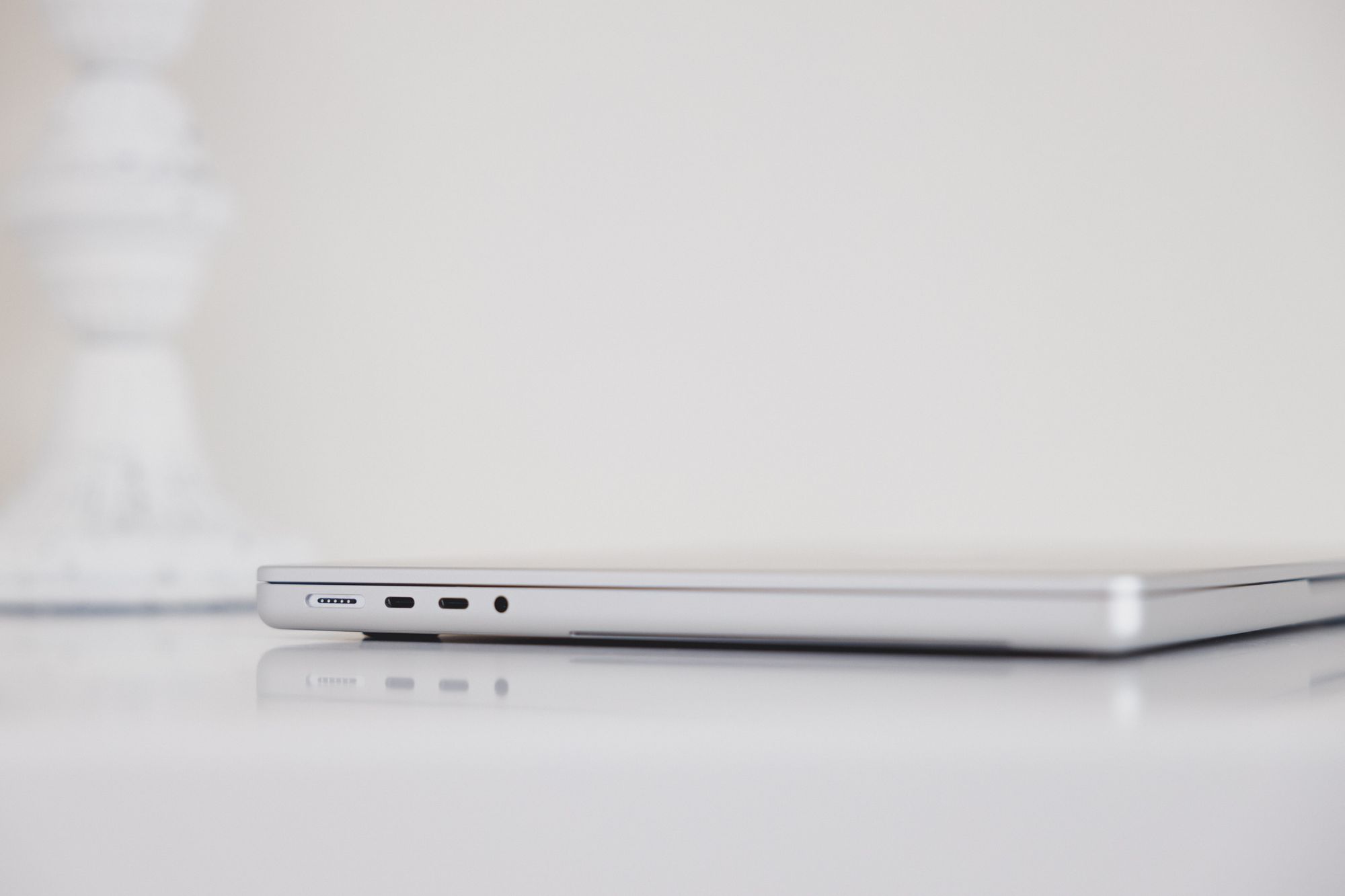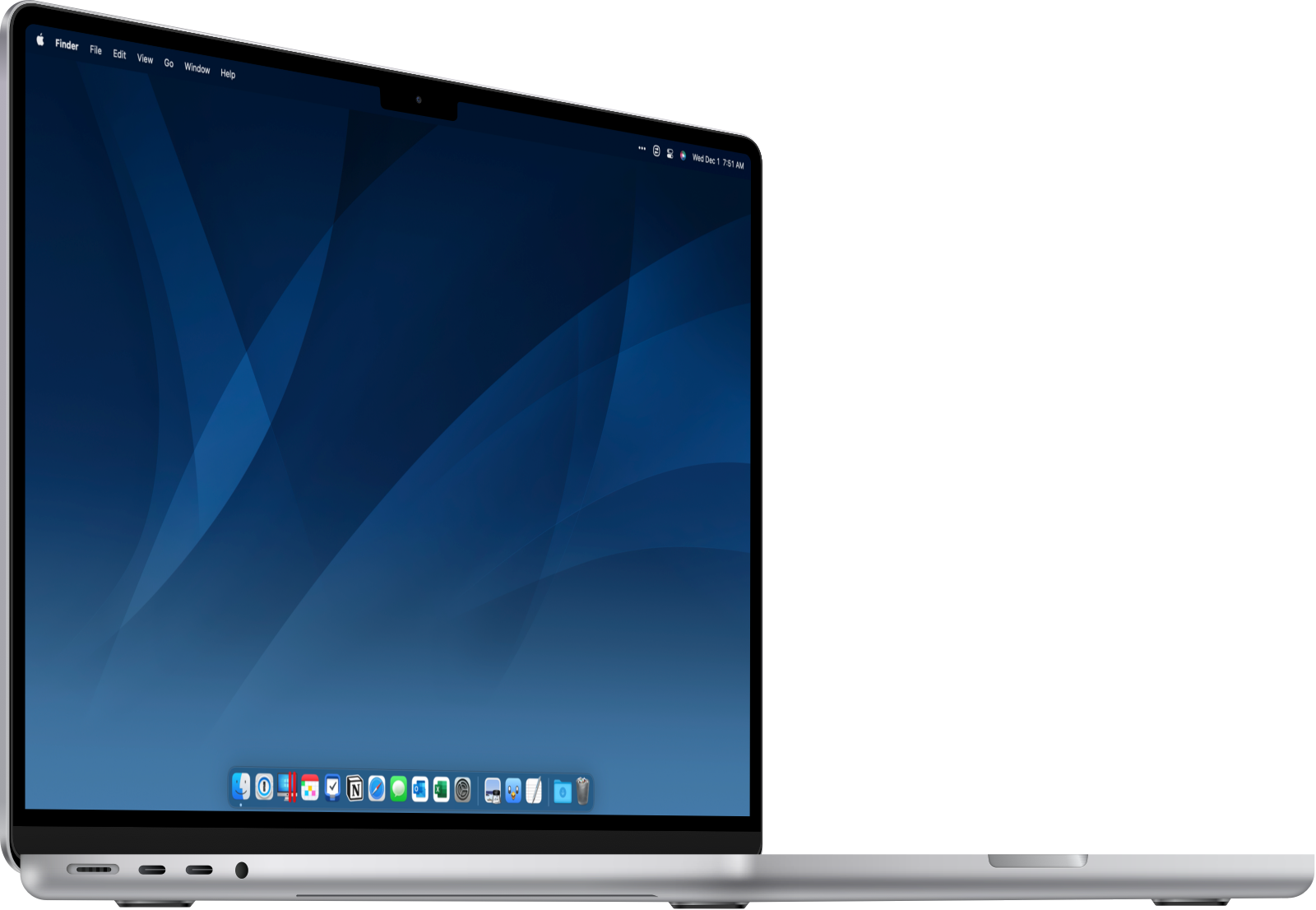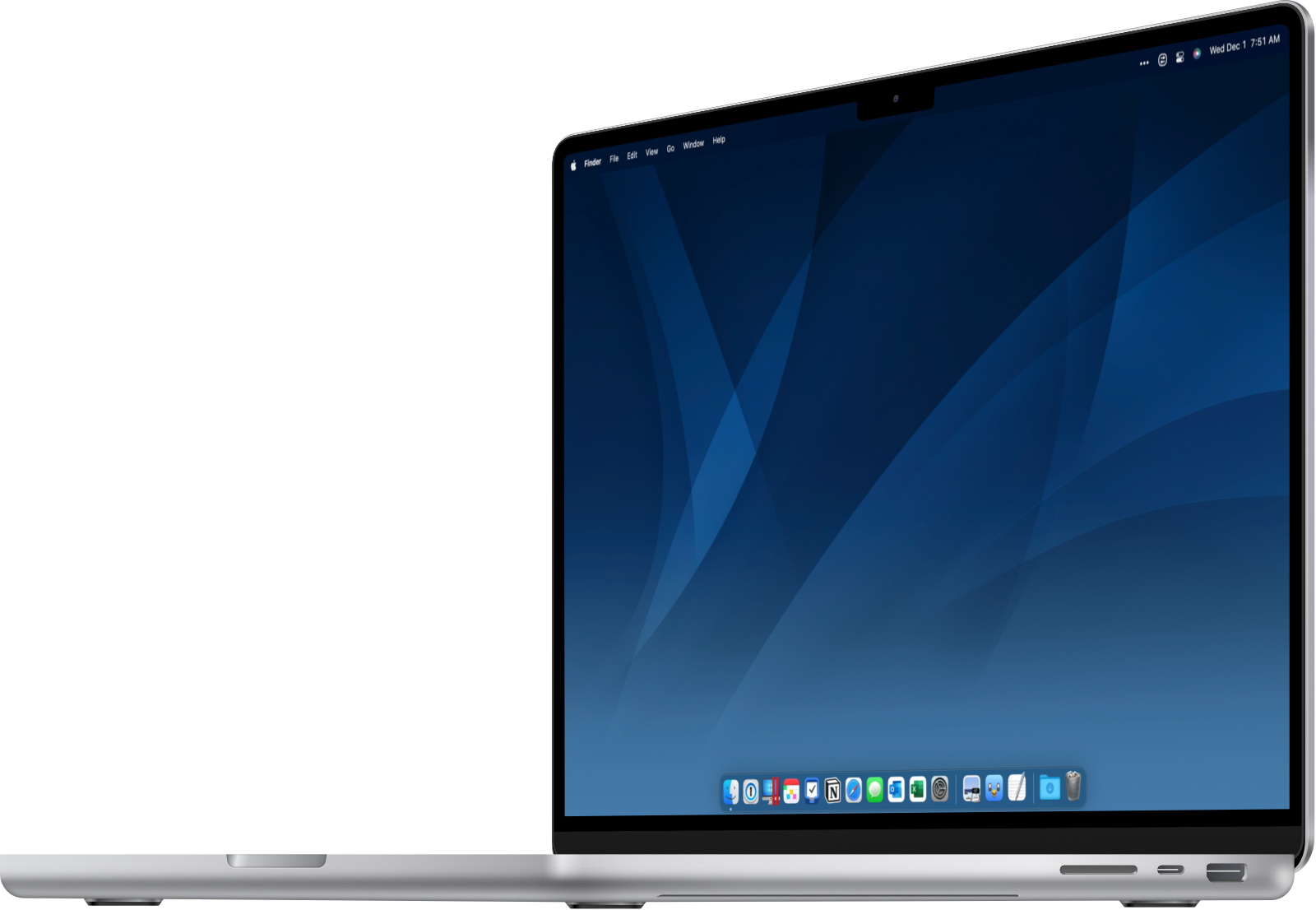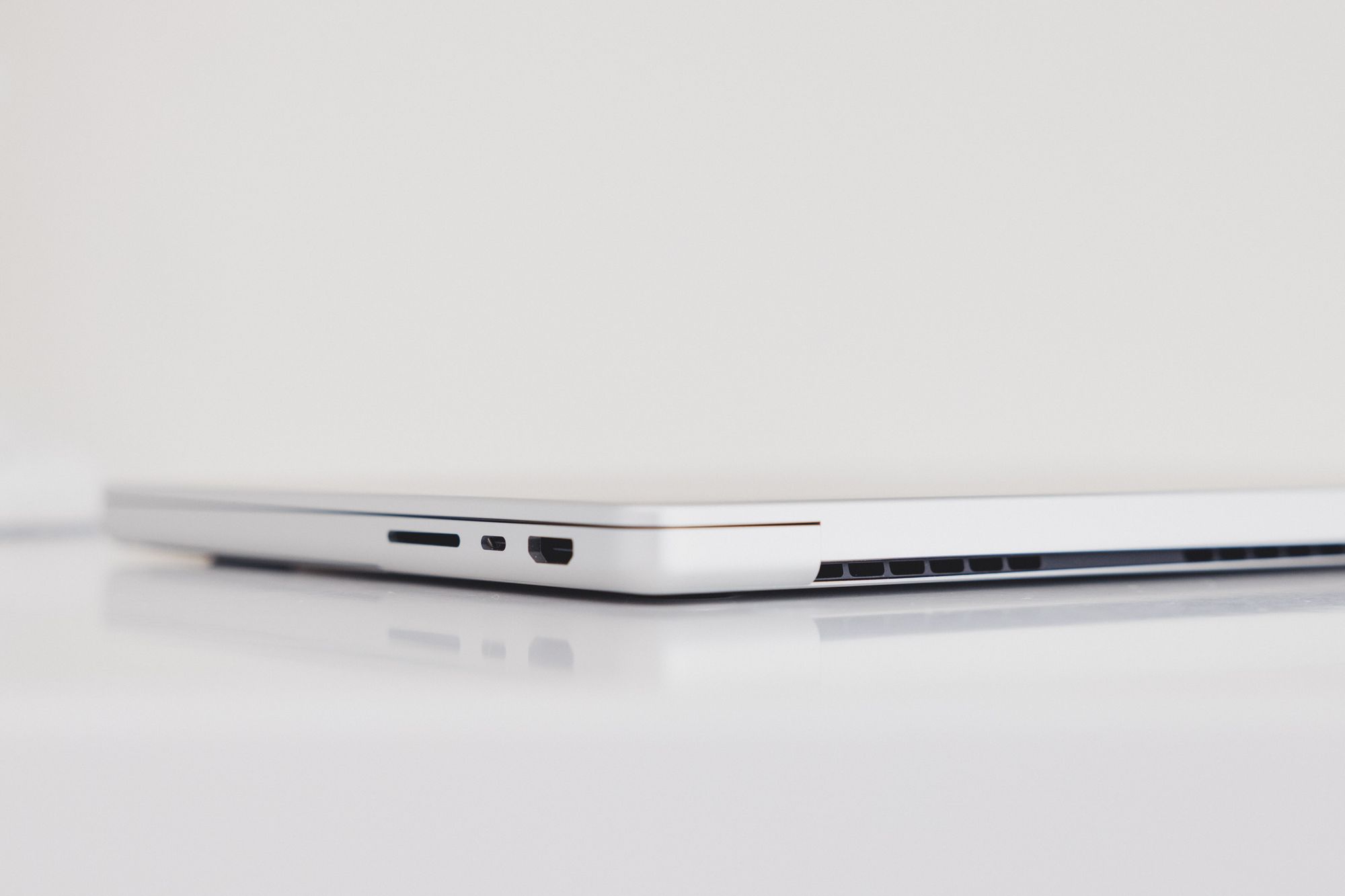I talked about Apple’s gamble on Wednesday and how they get a free pass for their failed gamble on Thunderbolt 3 in the 2016 MacBook Pro. So it’s only fair to update everyone on a gamble I’ve made, which has an unknown outcome at this point.
I’ve committed pretty heavily to this 14-inch MacBook Pro. I’ve officially sold all other Macs — this MacBook Pro is all I have left.
I need to run two pieces of Windows software each day with the rest of my daily-doings happening on a Mac. The end result: I have become a fairly heavy Parallels user.
The Parallels experience on an M1 Mac has been pretty smooth — the installation process is very fast and the virtual machine integrations are handy. Especially in Coherence Mode, it really does feel like Windows apps live side-by-side with the rest of the Mac.
It all depends on the build you’re running though. Herein lies the caveat — Windows 11 on ARM is the only version of Windows 11 that can operate on an M1 Mac, and Windows 11 on ARM is licensed exclusively with Qualcomm right now. Until that exclusivity deal expires, there’s no truly supported way to run Windows 11 on an M1 MacBook Pro. You have to download Windows Insider Preview beta software to run Windows 11 on an M1 MacBook Pro. Builds are released a few times a week.
Recent builds have been anything but stable. I can’t export certain Excel reports, I can’t install certain types of plug-ins to enable printing from an age-old piece of software, and apps just kind of get hung up after awhile. Worst, the Settings app and Windows Update itself don’t run (it doesn’t even look like Settings or Windows Update exist in these recent builds), so you can’t update to the latest Insider Preview builds.
So there’s my gamble: I’ve committed my entire computing lifestyle to an unsupported process on almost bleeding edge hardware. Perhaps not the smartest gamble. (I’m risk-averse, to be sure, so there are multiple contingency plans in place in case something happens. It’s not an entirely crazy gamble.)
This how-to help guide in the Parallels Knowledge Base has been my saving grace. The guide provides two ways to work around the Settings launch issue. If neither of the options work for you (neither worked for me), you can download the actual publicly released Build 22000 right from the bottom of the guide. Build 22000 is more stable, everything seems to work (though I still can’t export certain things; I think this may be an x86/ARM issue), and apps aren’t crashing left and right.
If you’re wanting to use Windows 11 on your new M1 Pro/Max MacBook Pro, Build 22000 will save you a headache or two.



